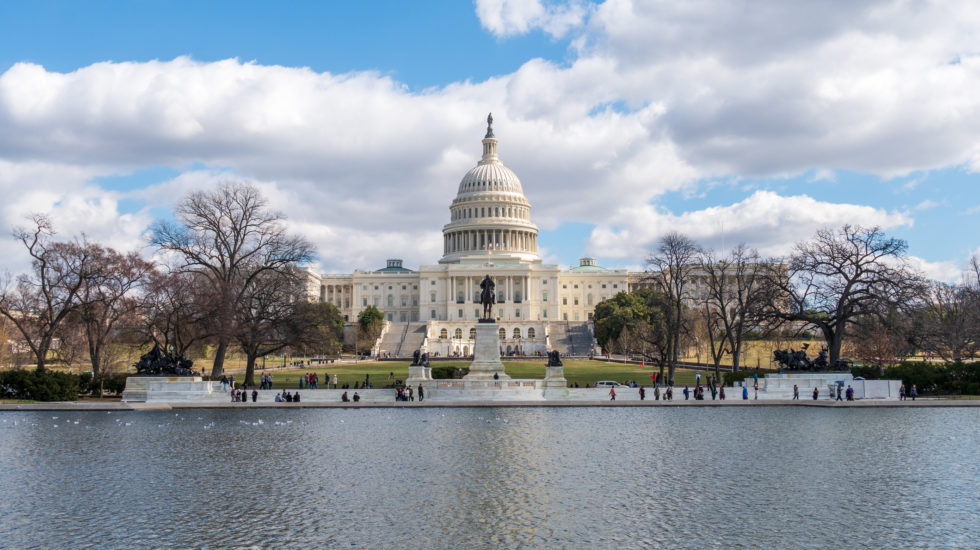Congress appears close to ending its dithering and partisan barbs and will pass a nearly half-billion-dollar virus relief package this week.
Most of the money — $310 billion — will go to re-funding the depleted Paycheck Protection Program, which lends to small businesses. An additional $50 billion will go to the Small Business Administration’s disaster relief fund. Between $75 and $100 billion is earmarked for hospitals and $25 billion for coronavirus testing.
The House and Senate votes could come between Monday and Wednesday. President Trump says he’ll sign the bill.
All sides have agreed on the fundamentals of the plan from the get-go.
But reaching this point, when leaders in both houses of Congress and the Trump White House say the package will become law in the next few days, has been agonizingly slow, for no good reason: it was all about details.
Politico compares the whole thing to the old TV comedy “Seinfeld,” which was “famously about nothing.”
“This was a debate about the immediate order of operations, not long-term priorities … [so] who cares? It is all going to happen at some point anyway,” Politico says.
Lawmakers in both parties knew they had to get this package passed soon, because a longer-term recovery bill could be months away, “when millions of restaurants, bars, salons and other small enterprises say they are on the brink of going under as millions of Americans remain idled at home,” says The Hill.
So the package isn’t just important — it’s vital.
“If the changes are signed into law this week, Congress would have approved more than $700 billion in emergency assistance for small businesses alone in just one month,” reports the Washington Post. “That would be more than the entire $700 billion in bailout money approved during the 2008 financial crisis.”
Lawmakers in both parties knew they had to get this package passed soon, because a longer-term recovery bill could be months away, “when millions of restaurants, bars, salons and other small enterprises say they are on the brink of going under as millions of Americans remain idled at home,” says The Hill.
Still, the plan is not perfect, especially when it comes to transparency.
The bailout that followed the 2008 crisis “had strict requirements regarding public disclosure of who received it,” the Post says. “Under the current arrangement set up by Congress and the White House, it’s unclear whether the public will ever find out who received the new money.”
The White House has left that question open, suggesting that businesses, nonprofit organizations, churches and affiliates of large companies are all eligible to get a slice of the pie.
